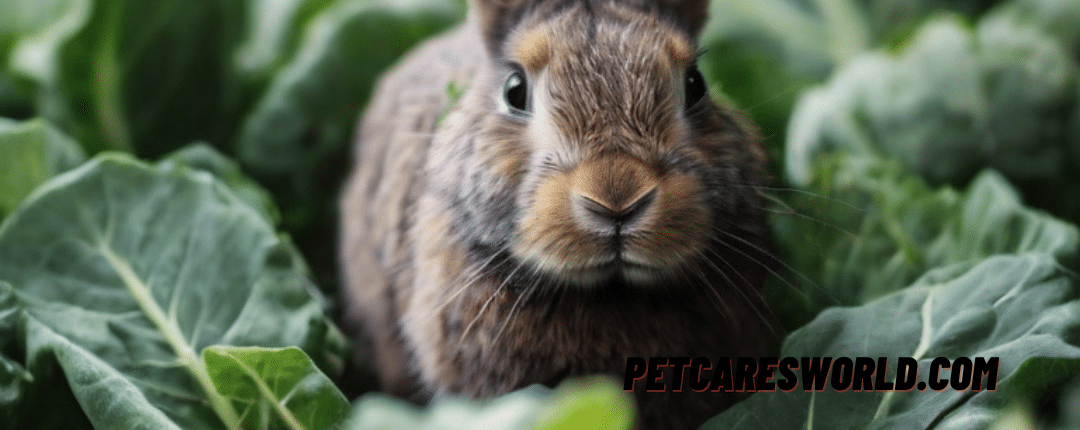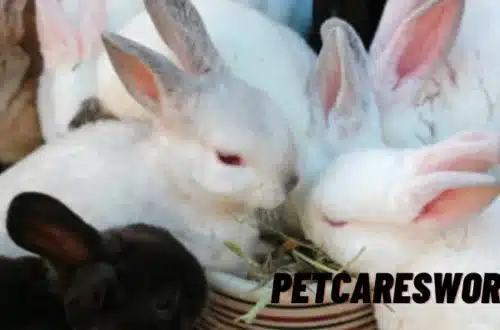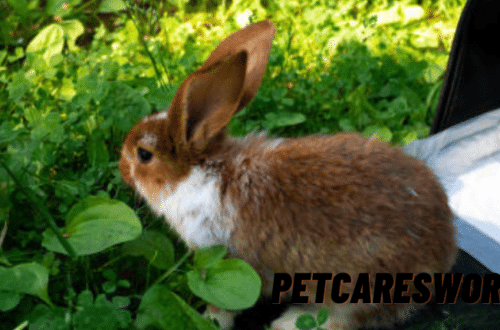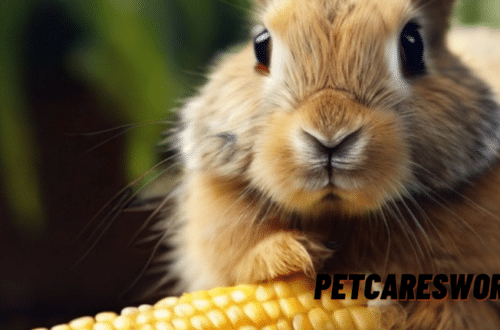In the vast world of pet care, especially for those who are guardians to the delightful creatures known as rabbits, the question of what constitutes a healthy and balanced diet is paramount. Among the plethora of vegetables available, collard greens emerge as a subject of curiosity. This article delves into the intricacies of incorporating collard greens into a rabbit’s diet, ensuring that the information provided is not only educational but also engaging and accessible.
Can Rabbits Eat Collard Greens Nutrition Basics
Rabbits are creatures with complex dietary needs that require a balanced intake of hay, vegetables, a small quantity of fruits, and pellets. Their diet is crucial in maintaining not only their physical health but also their emotional well-being. Before introducing any new food item, including collard greens, it is essential to understand the fundamental dietary requirements of rabbits.
The Benefits of Collard Greens for Rabbits
Collard greens, a member of the Brassica family, are rich in vitamins A, K, and C, along with minerals such as calcium and magnesium. These nutrients are vital for maintaining a rabbit’s health, supporting bone density, blood clotting, and immune system functionality. However, the key is moderation and balance to avoid any potential health issues.
Introducing Collard Greens to Your Rabbit
When considering adding collard greens to your rabbit’s diet, start with small amounts to monitor their reaction. It’s crucial to observe any changes in their digestion or behavior, as rabbits have sensitive gastrointestinal systems. Gradually increasing the quantity, if no adverse effects are observed, can be a safe approach.
Potential Concerns with Collard Greens
While collard greens can be beneficial, they also contain goitrogens, substances that can interfere with thyroid function if consumed in large quantities. Additionally, their high calcium content, while essential, can lead to urinary issues in rabbits if their diet is not properly balanced with other low-calcium foods.
Alternative Greens for Rabbit Diets
Exploring other safe leafy greens can provide nutritional variety and enrichment for your rabbit. Options such as romaine lettuce, bok choy, and carrot tops can complement collard greens, offering a well-rounded diet that caters to their nutritional needs without overreliance on any single food source.
The Art of Balancing Rabbit Diets

Achieving the perfect dietary balance for rabbits is an art that requires understanding the nutritional value and potential risks associated with each food item. Collard greens, with their rich nutrient profile, can play a beneficial role in this balance, provided they are introduced and incorporated thoughtfully and responsibly.
Monitoring Rabbit Health and Dietary Responses
Regularly monitoring your rabbit’s health and dietary responses is crucial when introducing new foods such as collard greens. Any signs of digestive upset or changes in eating habits should prompt a reevaluation of their diet and possibly consultation with a veterinarian.
The Role of Hay in a Rabbit’s Diet
It’s important to remember that while vegetables like collard greens are beneficial, the foundation of a rabbit’s diet should always be high-quality hay. Hay provides the necessary fiber for digestive health and should constitute the majority of their daily intake.
Importance of Clean, Fresh Water
Alongside a balanced diet, ensuring that your rabbit has constant access to clean, fresh water is essential. Hydration plays a critical role in their overall health and aids in the digestion of fibrous foods like collard greens.
Creating a Diverse and Nutritious Menu for Your Rabbit
Incorporating a variety of vegetables, including collard greens, into your rabbit’s diet can prevent boredom and ensure they receive a wide range of nutrients. Experimenting with different safe greens can make mealtime both enjoyable and healthy for your furry friend.
The Significance of Veterinary Guidance
Consulting with a veterinarian knowledgeable about rabbits can provide tailored advice on incorporating collard greens and other vegetables into your rabbit’s diet. This professional guidance can help avoid nutritional imbalances and ensure your rabbit’s diet supports their overall health and longevity.
Conclusion
Collard greens can be a nutritious addition to a rabbit’s diet when introduced carefully and balanced with other dietary components. By understanding the nutritional needs of rabbits and the benefits and considerations associated with collard greens, pet owners can provide their rabbits with a diet that promotes health, happiness, and well-being. Remember, the key to a healthy rabbit diet lies in diversity, balance, and moderation, ensuring these delightful creatures thrive under your care.






